Ever look at your qualifications and wonder what those levels mean for your career? Feeling overwhelmed by all the different training options out there? The Australian Qualifications Framework (AQF) is your secret weapon! Think of it as a simple guide that explains what each qualification level means and how they're all connected.
What is the AQF?
It's a nationally agreed-upon system that ensures qualifications across Australia follow the same standards, no matter where you studied or what program you took. Think of it like a universal translator for the world of qualifications!
Here's why the AQF is signifying:
Level Up Your Skills with Confidence: The AQF clearly defines the learning outcomes for each qualification level. This means you know exactly what knowledge and skills you'll gain from a Certificate I up to a Doctoral Degree. No more surprises – you'll be equipped with exactly what you need to succeed!
Clear Pathways to Your Dream Job: The AQF acts like a roadmap for your learning journey. It shows you how qualifications connect, making it easy to build on your existing skills by progressing to higher levels. Thinking about adding a diploma to your certificate? The AQF makes that transition smooth and seamless.
Nationally Recognized Skills and More Opportunities: AQF qualifications are like a passport to a wider job market. Because they're recognized by employers across Australia, you can confidently apply for jobs anywhere in the country, knowing your skills hold weight. This opens doors and boosts your career mobility!
Go Global with Your Skills: The AQF isn't just recognized in Australia – it's respected internationally! So if you're dreaming of working overseas, your AQF qualification can be a valuable asset, giving you a competitive edge in the global job market.
Understanding the AQF Levels
The AQF has 10 levels, ranging from Certificate I to Doctoral Degree. Here's a quick breakdown of AQF levels to help you see where you fit in and where you might want to climb:
Level 1 - Certificate I: This is the starting point, with basic vocational skills for entry-level roles in a specific field. Examples: Certificate I in Animal Studies, Certificate I in Business.
Level 2 - Certificate II: Here you build on those foundational skills, gaining more practical knowledge and abilities for specific job functions. This level can open doors to more hands-on roles. Examples: Certificate II in Early Childhood Education and Care, Certificate II in Kitchen Operations.
Level 3 - Certificate III: This is a spot for many industries, offering job-ready skills and qualifications recognized by employers nationwide. Think of it as becoming a qualified professional in your chosen field. Examples: Certificate III in Plumbing, Certificate III in Fitness.
Level 4 - Certificate IV: Want to become a supervisor or take on more responsibility? Level 4 qualifications provide advanced technical skills and leadership qualities, making you a valuable asset in the workplace. Examples: Certificate IV in Leadership and Management, Certificate IV in Cyber Security.
Levels 5 & 6 - Diploma & Advanced Diploma: These mid-level qualifications bridge the gap between vocational and higher education. They provide you with specialized knowledge and prepare you for senior roles or further academic study. Examples: Diploma of Nursing, Advanced Diploma of Applied Information Technology.
Levels 7 & 8 - Bachelor Degree & Bachelor Honours: Bachelor Degrees provide a broad foundational knowledge in a chosen field, while Honours programs offer research and specialization. Consider them as starting points for professional jobs or postgraduate study. Examples: Bachelor of Business, Bachelor of Arts (Honours) in Psychology.
Levels 9 & 10 - Masters Degree & Doctoral Degree: These advanced qualifications are for leadership roles, research careers, or specialized expertise. Masters Degrees involve intensive research projects, while Doctoral Degrees represent the pinnacle of academic achievement. Examples: Master of Education, Doctor of Philosophy (PhD).
AQF Qualifications vs Accreditation and Certification
Other than just qualifications there are a few terms such as, "accreditation" and "certification" are also being counted. What's the difference, and how do they fit into the AQF picture? Accreditation and certification of qualifications | AQF
Here's a quick breakdown to clear the confusion:
AQF Qualifications: Think of these as nationally recognized licenses to operate in a specific field. They represent a set of skills and knowledge gained through formal education or training programs that meet the AQF standards. Employers across Australia understand and value AQF qualifications, making them a strong asset for your career.
Accreditation: This term can get a bit tricky. In the AQF context, accreditation usually refers to the process by which institutions or training providers get the green light to offer AQF qualifications. So, an accredited institution or program is essentially saying, "We meet the AQF standards and can deliver high-quality training that leads to recognized qualifications."
Certification: This typically refers to achieving a specific skill set in a shorter, focused program. Certifications can be valuable for demonstrating specific industry knowledge or competence in a particular area. However, they may not be nationally recognized qualifications in the AQF framework.
The key takeaway? AQF qualifications are the gold standard for nationally recognized skills. Accreditation ensures providers meet the AQF criteria, and certifications can be valuable add-ons, but they don't replace AQF qualifications.
If you're unsure about a specific program or qualification, don't hesitate to ask! Many institutions and training providers will be happy to clarify whether their offerings are AQF-aligned. After all, choosing the right qualification is an important step towards achieving your career goals.
Using the AQF to Plan Your Education and Training Journey
Feeling empowered by the AQF? Here's how you can leverage the AQF to navigate your educational and training journey:
1. Define Your Destination: First things first – where do you see yourself in the future? What kind of career path are you passionate about? Once you have a clear vision, you can use the AQF to identify the qualifications that will equip you with the necessary skills to get there.
2. Explore the AQF Website: The Australian Qualifications Framework (AQF) website is your treasure trove of information! Here you can browse the different AQF levels and the types of qualifications offered at each level. Use the search function to find qualifications specific to your chosen field.
3. Consider Your Starting Point: Already have some qualifications? The AQF's beauty is its flexibility! You can use your existing qualifications as a stepping stone to build on your skillset by enrolling in higher-level programs. The AQF website clearly outlines the pathways and connections between different qualifications.
4. Prioritize Learning Outcomes: The AQF is about acquiring valuable knowledge and skills. When exploring qualifications, pay close attention to the learning outcomes outlined for each program. This ensures you're choosing a program that equips you with the specific abilities you need to succeed in your chosen field.
5. Seek Guidance: Feeling overwhelmed by the options? Don't be afraid to seek help! Many educational institutions and training providers have career advisors who can help you navigate the AQF and identify programs that align with your goals. At Learning Options, it’s all about allowing Australians through high-quality AQF-aligned training programs.
Don't let confusion about qualifications hold you back! Explore the AQF, identify your goals, and let Learning Options be your partner in achieving career success.
Browse our AQF-aligned programs online or Contact US Today to discuss your training options!





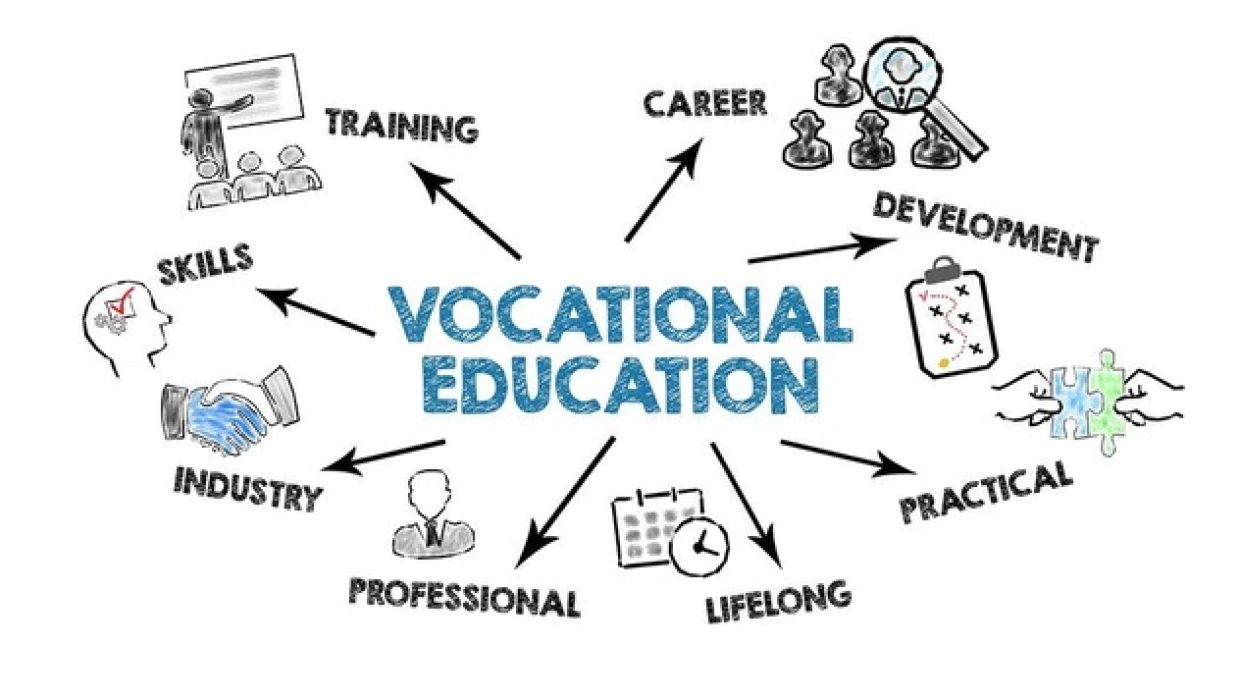




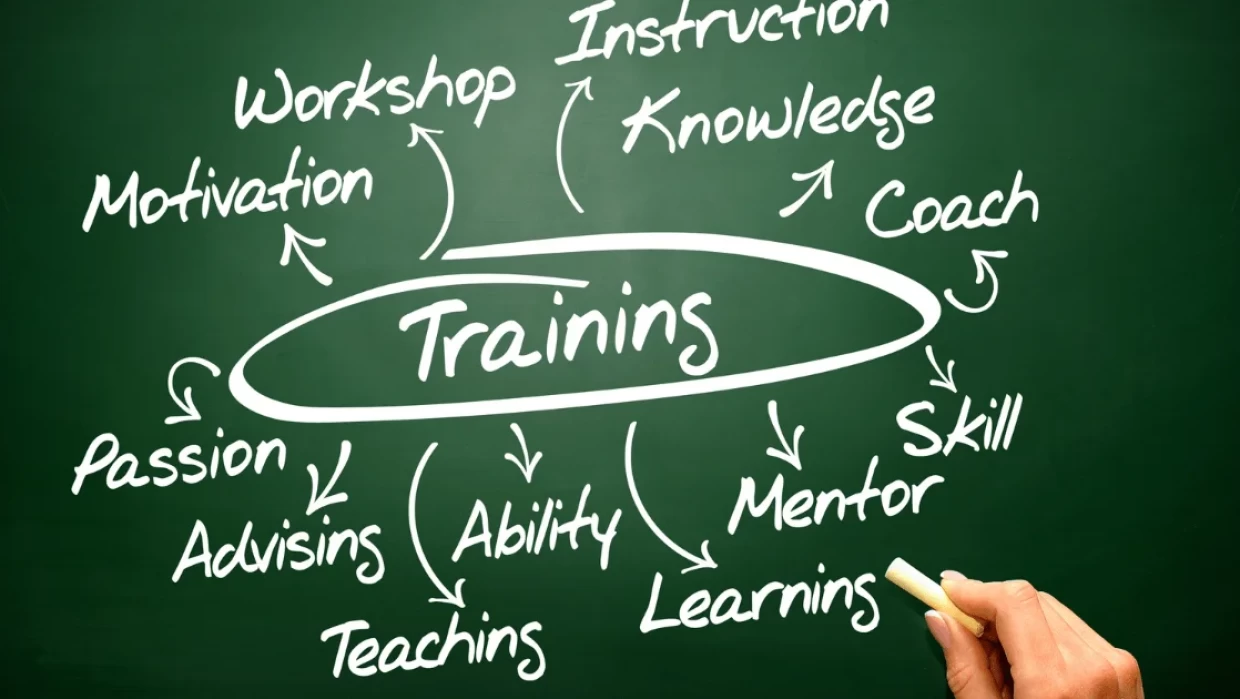


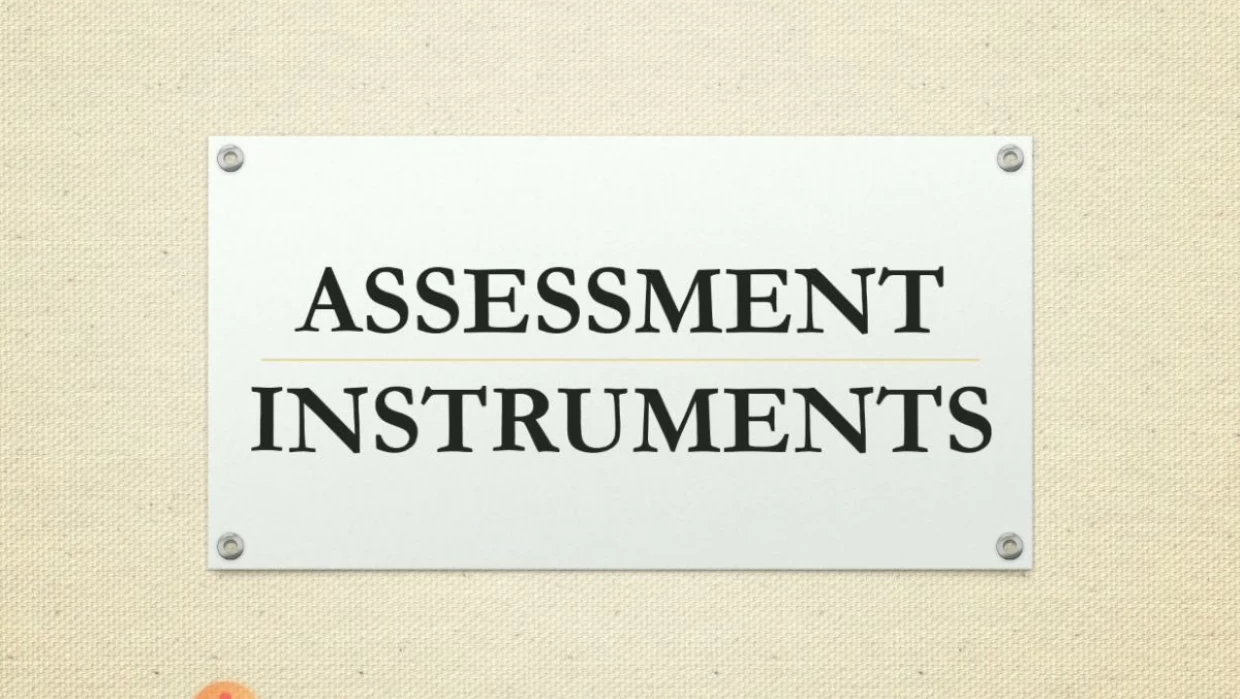





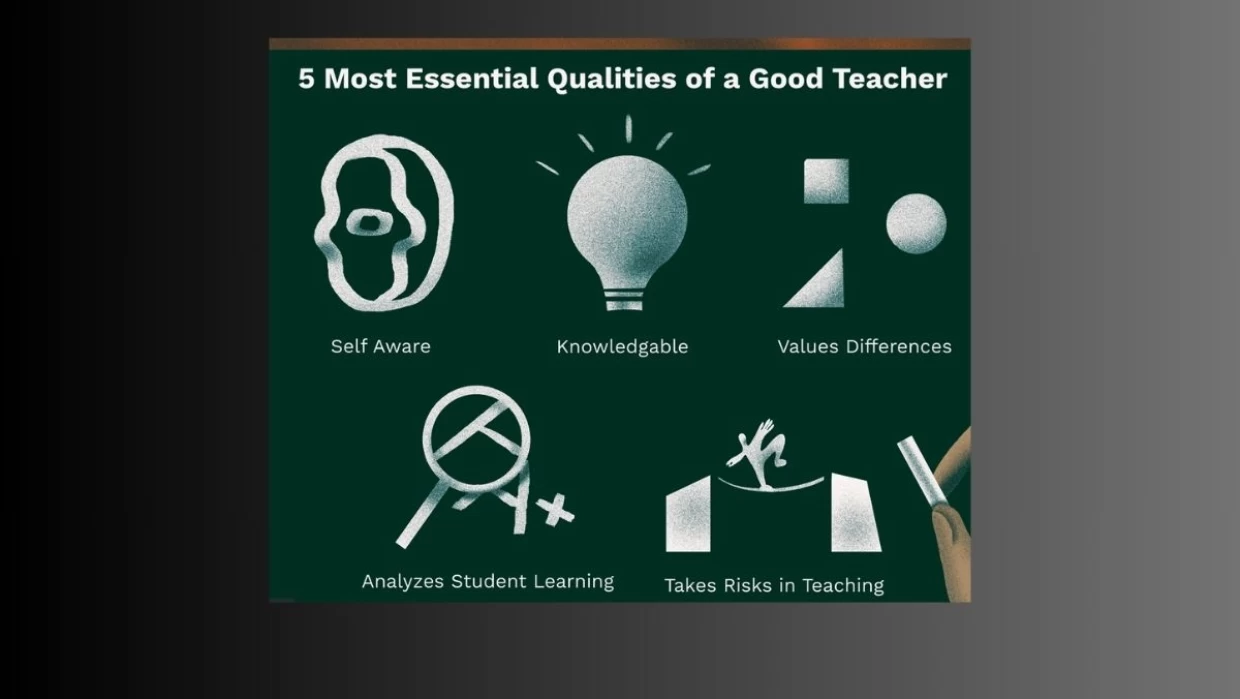
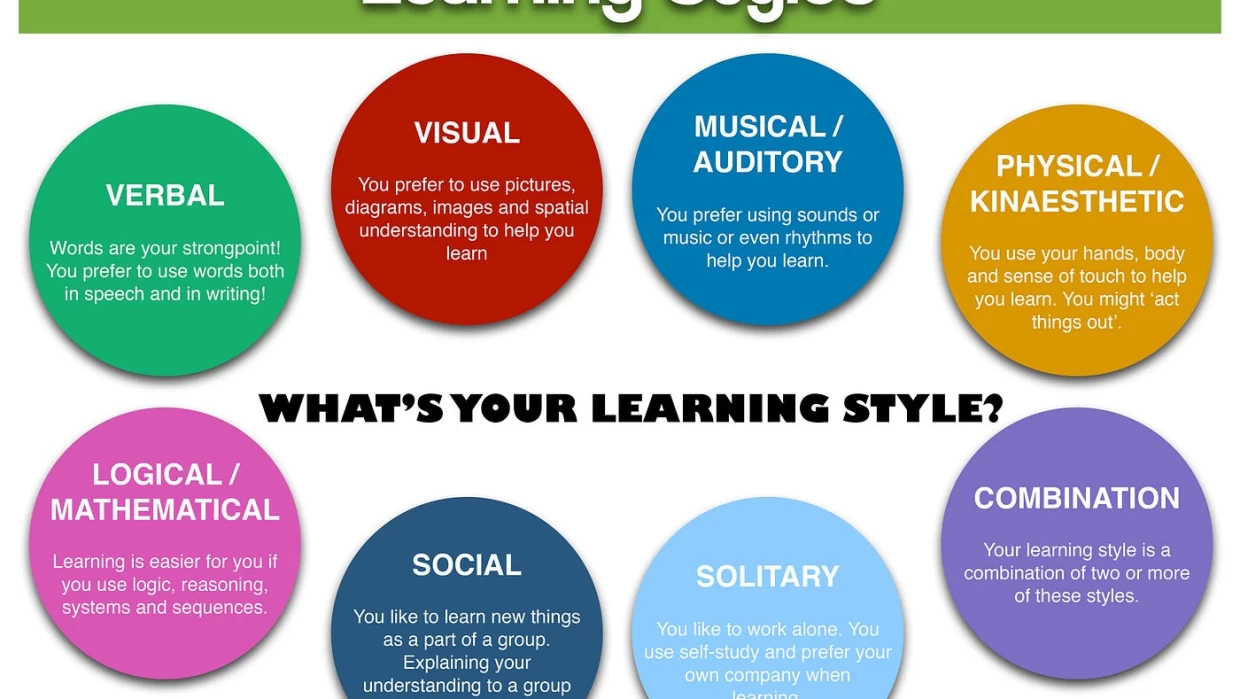
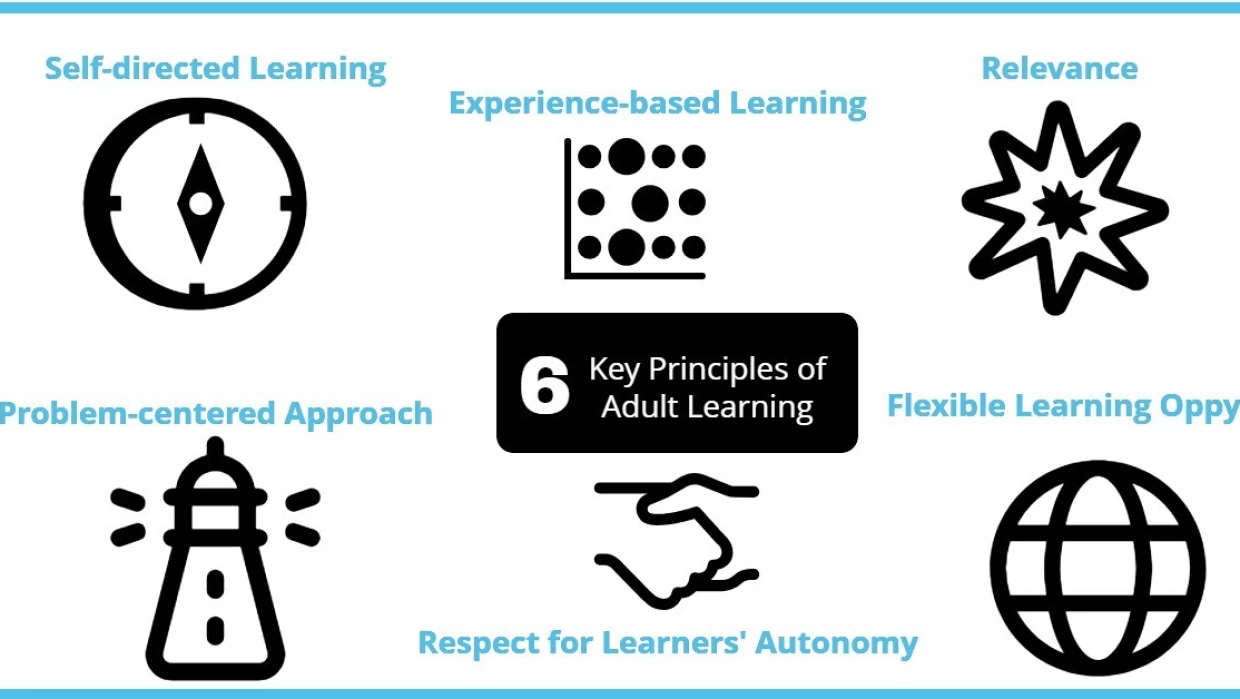














We would be delighted if you could get in touch with us.
Your email address will not be published. Required fields are marked